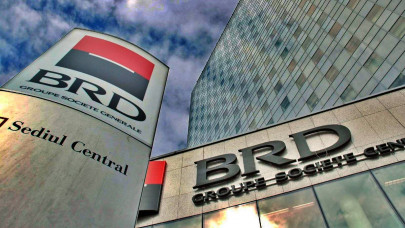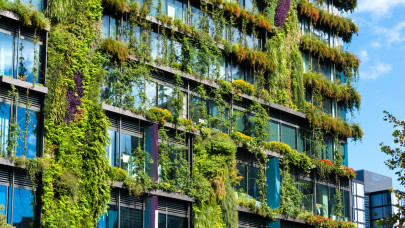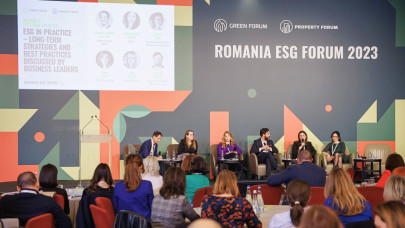EFRAG, which plays a key role in shaping EU sustainability standards, has noted that many companies are ill-prepared to meet the new expectations. Under the CSRD, companies are required to report on a broad range of environmental, social, and governance (ESG) issues, using a double materiality framework that covers both financial risks and the company's impact on society and the environment.
While some early adopters have published extensive reports, others have produced incomplete or inconsistent disclosures—raising questions about how regulators and investors will assess compliance and reliability. One of the core issues appears to be confusion around how to interpret the materiality requirements, with varying levels of ambition and transparency visible across industries.
EFRAG has indicated it will use these early lessons to refine its guidance and help companies navigate the second reporting wave, which will apply to thousands of mid-sized firms from 2026. Still, the uneven start highlights the broader challenge of embedding sustainability reporting into corporate governance practices at scale.
The findings also reignite the debate around whether the EU's ambitious ESG framework is being rolled out too quickly, especially as regulators face pressure to reduce administrative burdens on businesses amid economic uncertainty. At the same time, the push for standardised and reliable ESG data remains a priority for investors and policymakers who view transparent reporting as key to managing long-term risks and driving sustainable growth.














